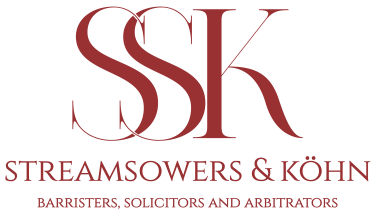

SOURCES OF CORPORATE GOVERNANCE RULES AND PRACTICES
Primary sources of law, regulation and practice
What are the primary sources of law, regulation and practice relating to corporate governance? Is it mandatory for listed companies to comply with listing rules or do they apply on a ‘comply or explain’ basis?
The main sources of law relating to corporate governance are the: • Companies and Allied Matters Act (CAMA);
- Investment and Securities Act (ISA);
- Financial Reporting Council of Nigeria Act (FRCA);
- Banks and Other Financial Institutions Act;

